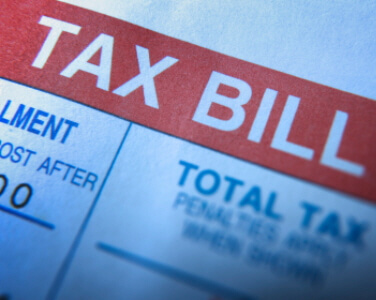
Mathew Staver, founder of Liberty Counsel and dean of Liberty University School of Law, argued the case on May 10 at the U.S. Court of Appeals for the Fourth Circuit. Following the hearing, a three-judge panel asked the parties—Liberty, the Commonwealth of Virginia and the U.S.—to file a Supplemental Brief addressing whether the federal Anti-Injunction Act applies to the case, which would divest the federal courts of jurisdiction to hear the matter.
The AIA applies to the payment of taxes and requires that the party challenging a tax first pay the tax, apply for a refund and then file suit if the refund is unacceptable. Liberty Counsel filed its Supplemental Brief on behalf of Liberty University and two private individuals, arguing that the AIA does not apply and the court should rule on the merits of the case. Liberty Counsel’s brief states: “The government cannot prevail on a claim that the mandates are taxes, since the mandates themselves are compelled purchases of a product, or penalties for failure to purchase a product, not taxes.”
The United States also argued that the AIA does not apply to this case. The Department of Justice wrote: “In the unique circumstances of this case, we do not believe that Congress intended a refund suit to be the sole recourse for a constitutional challenge to the minimum coverage provision.”
“All agree that the federal court of appeals should address the central question of whether Congress has authority under the Constitution to mandate that every person purchase and every employer provide a government defined health insurance product,” Staver says.
“Such reach by the federal government is unprecedented and, if allowed, would leave no boundaries on the government’s power to regulate private decisions. The Founders would have been astounded. They thought they had left that kind of centralized government behind when they penned the Constitution.”














































